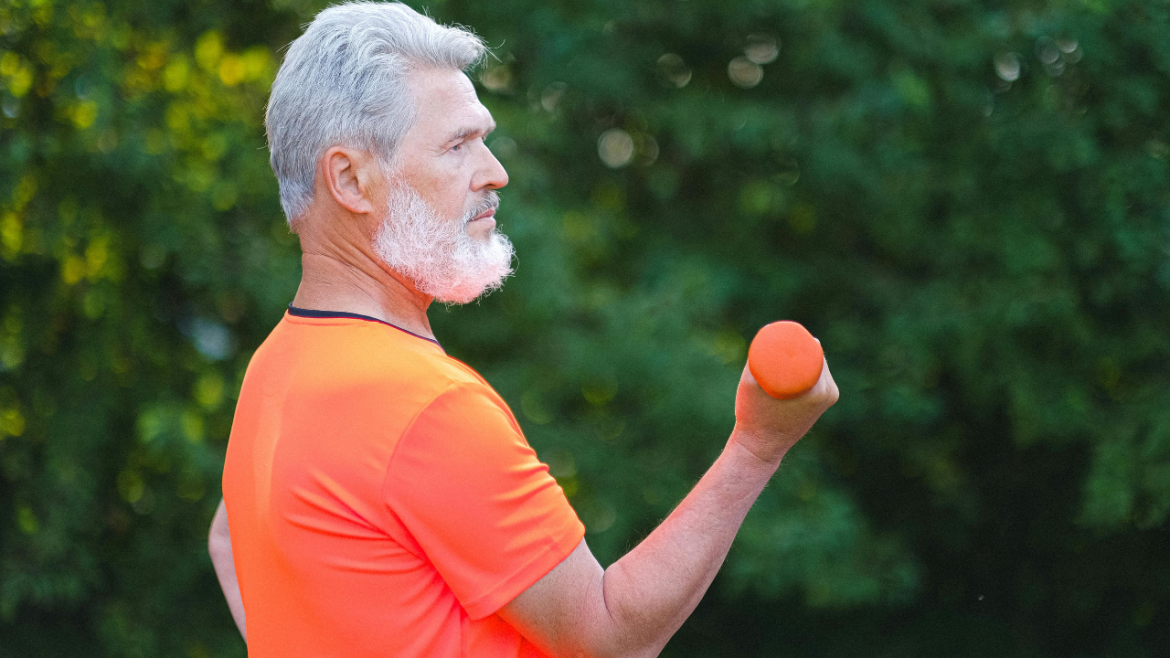Did you know that Leading Edge Senior Care has a Dementia Support Group? We meet monthly in Mesa. For more details <click here>
Muscle Loss In Seniors: Can It Be Reversed?
As we age, our bodies undergo various changes, including a natural decline in muscle mass. This process, known as sarcopenia, can lead to reduced strength, mobility issues, and an increased risk of falls and fractures among seniors. Sarcopenia occurs due to a combination of factors, including hormonal changes, decreased physical activity, and poor nutrition.
The Importance of Muscle Mass
Maintaining muscle mass is crucial for overall health and well-being, especially for seniors. Strong muscles support mobility, balance, and independence, allowing individuals to perform daily activities with ease. Additionally, muscle mass plays a vital role in metabolism, helping to regulate blood sugar levels and maintain a healthy weight.
Can Muscle Loss Be Reversed?
While muscle loss is a common part of aging, research suggests that it can be slowed down and even reversed with the right interventions. Regular exercise, particularly strength training or resistance exercises, is one of the most effective ways to build and preserve muscle mass in seniors. These activities stimulate muscle growth and help improve strength and endurance.
The Role of Nutrition
In addition to exercise, proper nutrition is essential for combating muscle loss in seniors. Consuming an adequate amount of protein, vitamins, and minerals is crucial for supporting muscle health and repair. Protein-rich foods such as lean meats, fish, eggs, dairy products, legumes, and nuts should be included in seniors’ diets to promote muscle growth and maintenance.
Hydration and Muscle Health
Staying hydrated is also important for maintaining muscle health. Dehydration can impair muscle function and performance, making it harder for seniors to engage in physical activity. Encouraging seniors to drink plenty of water throughout the day can help prevent dehydration and support optimal muscle function.
Lifestyle Factors
In addition to exercise and nutrition, certain lifestyle factors can contribute to muscle loss in seniors. Smoking, excessive alcohol consumption, and chronic stress can all have negative effects on muscle mass and overall health.
Encouraging seniors to adopt healthy lifestyle habits, such as quitting smoking, moderating alcohol intake, and practicing stress-reduction techniques, can support muscle health and overall well-being.
Seeking Professional Guidance
For seniors experiencing significant muscle loss or mobility issues, it’s essential to consult with a healthcare professional. A doctor or physical therapist can assess an individual’s condition, recommend appropriate exercises and lifestyle changes, and provide personalized guidance for managing muscle loss and improving overall health.
Conclusion
While muscle loss is a common concern among seniors, it is not inevitable. With the right approach, including regular exercise, proper nutrition, hydration, and healthy lifestyle habits, seniors can maintain and even improve their muscle mass, mobility, and overall quality of life. By addressing muscle loss early and proactively, seniors can enjoy greater independence, vitality, and well-being as they age.

